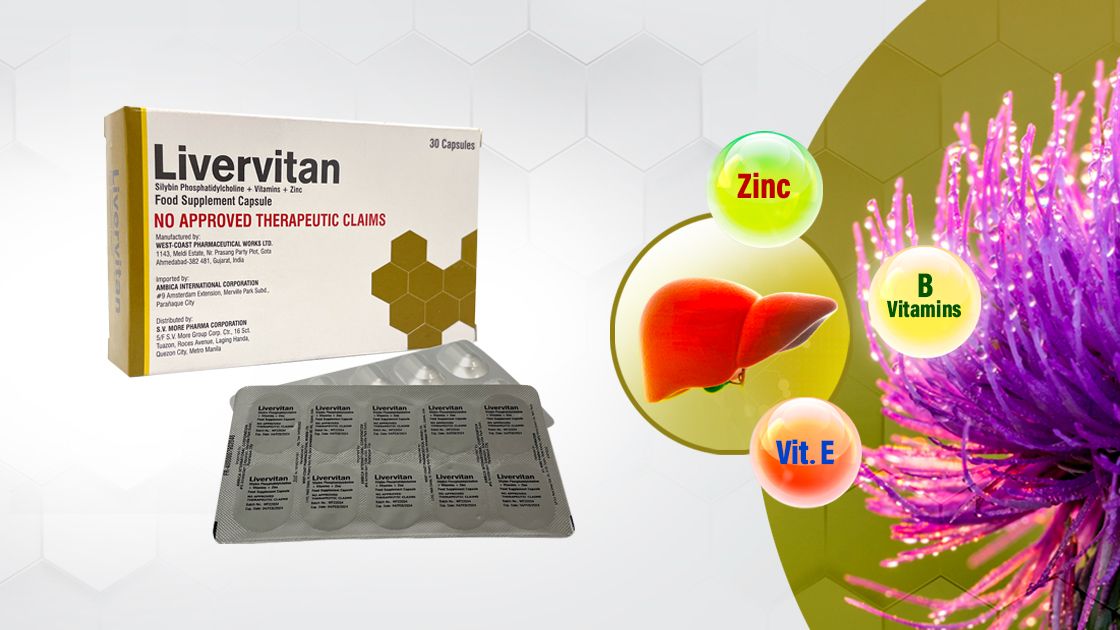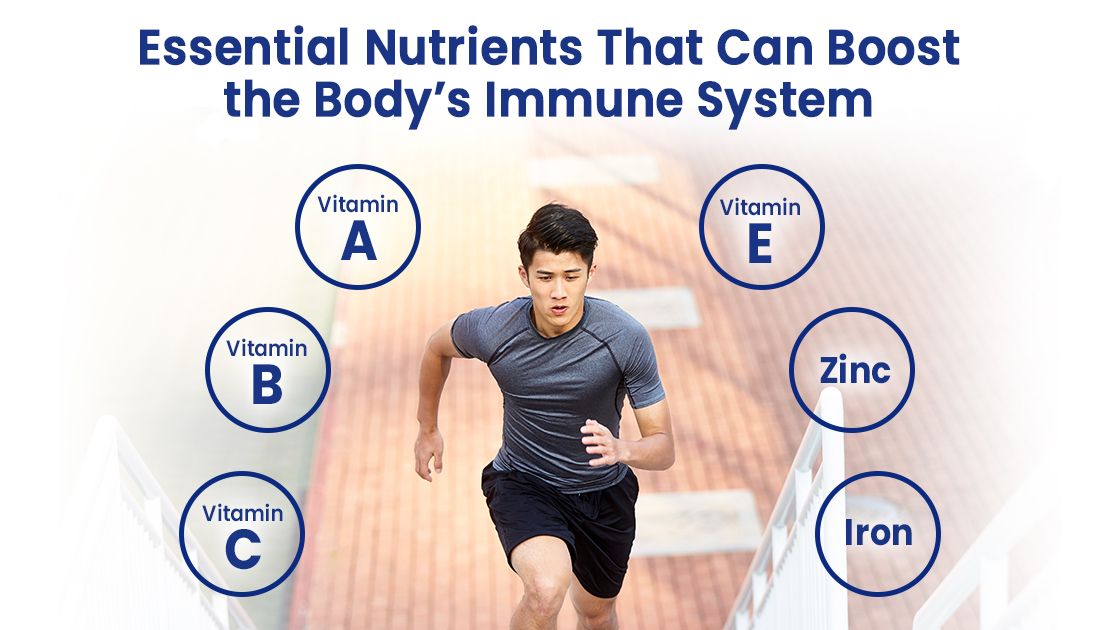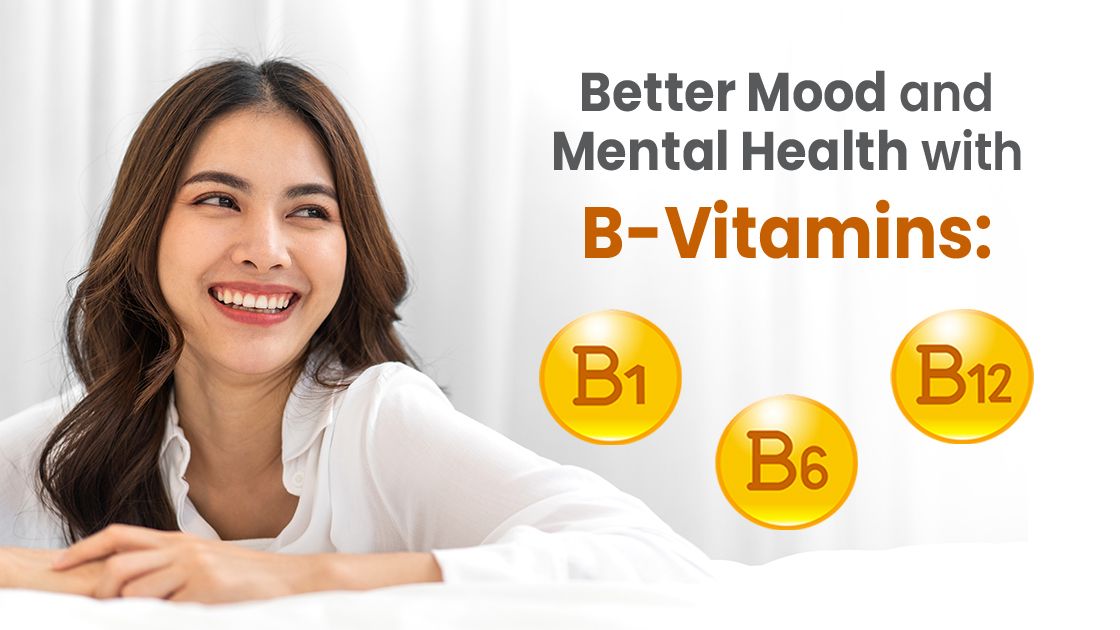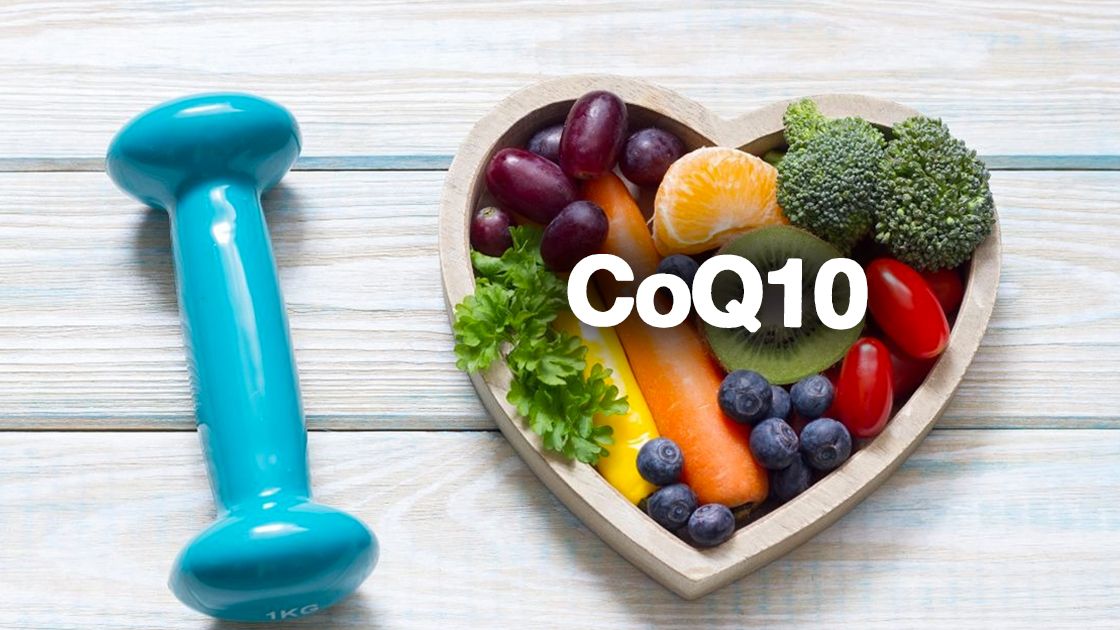With the abundance in the varieties of vitamin and mineral supplements available in the market, it can be daunting to identify which among them would really be useful in boosting the body’s immune system. This has been made more challenging with the proliferation of unsubstantiated claims and advices online.
While all vitamins and minerals are essential in maintaining good health, several published scientific reviews were able to point out the key vitamins and minerals most studied for the purpose of protecting against infectious diseases.
Vitamin C
Vitamin C is a classic and well-known anti-oxidant. A study done by a team from the Nutrition and Health Research Group, Luxembourg Institute of Health, noted that a daily supplementation of Vitamin C at 700-800 mg per day may reduce the duration of the common cold. Vitamin C supplementation was also found to reduce the occurrence of pneumonia and improve other respiratory conditions.
Vitamin A
Aside from its established role in maintaining a healthy eyesight, Vitamin A may also enhance resistance to infection by promoting an immediate immune response to the invasion of microbes and through activation of natural killer cells. A review published in the Diabetes Metabolic Syndrome Journal reported that children from 2-8 years old, supplementation of Vitamin A had enhanced immune response to influenza virus.
B Vitamins
The role of B vitamins is not only limited to their well-known effects on nerves and brain functions. B vitamins are needed for the processing of the building blocks of proteins to form antibodies that help fight infections. B vitamins are also valuable in times of stress and viral infections.
Vitamin D
In addition to Vitamin D’s recognized role in promoting calcium absorption, studies have shown that Vitamin D may lower the incidence and severity of respiratory viral diseases. Vitamin D also increases antiviral defenses to protect against acute respiratory tract infection.
Vitamin E
Vitamin E is another highly recognized anti-oxidant. It works with Vitamin C to protect the integrity of the cellular defenses against infection and from the damaging effects of free radicals.
Must-have Minerals or Trace Elements
Known to many, low levels of minerals and trace elements in the body is also associated with increased risk of infection. Here are some of the minerals that are considered to strengthen the body’s immune system:
Zinc
Zinc is a very important mineral that helps the body fight infection. It was found that zinc supplementation can reduce the incidence and duration of pneumonia. Zinc supplementation has also been reported to reduce the duration of common colds from 7.6 days to 4.4 days. It was also shown that there has been twice the number of reported deaths from pneumonia in patients with low zinc levels than the ones with the normal zinc levels in the body.
Iron
Aside from its known use for anemia, iron has an important role in the body’s innate immune response. Iron is used by white blood cells to form highly reactive compounds to kill bacteria. It was found that by receiving 3 months of iron supplementation, recurrences of acute respiratory tract infections, urinary tract infections, and gastroenteritis were significantly reduced.
Selenium
Selenium supplementation has been associated with clinical improvement with viral infection specifically in children. Dietary selenium supplementations were also found to increase cellular immune response through enhanced immune cell proliferation.
Copper
Copper, like iron, has a role in innate immune response specifically against invading microbes. Important in antibody production and immunity, copper plays a role in fighting against viral infection by inhibiting the replication of influenza viruses.
Vitamins and minerals may not always be adequate in our usual diet. In this case, the practical solution is to provide vitamin and mineral supplementation. Boosting the immunity by supplementation with key vitamins and minerals can offer protection against various infections including COVID-19. The best advice on proper nutrition is to always consult your doctor.
References:
Iddir M, Brito A, Dingeo G, et al. Strengthening the Immune System and Reducing Inflammation and Oxidative Stress through Diet and Nutrition: Considerations During the COVID-19 Crisis. Nutrients.
Jayawardena R, Sooriyaarachchi P, Chourdakis M, Jeewandara C, Ranasinghe P. Enhancing Immunity in Viral Infections, with Special Emphasis on COVID-19: A review. Diabetes Metab Syndr.
Derbyshire E, Delange J COVID-19: Is There a Role for Immunonutrition, Particularly in the over 65s? BMJ Nutrition, Prevention & Health.
Michienzi SM, Badowski ME. Can vitamins and/or supplements Provide Hope Against Coronavirus?. Drugs Context.
Health tips, Immune Defense, Immunity









